Email Marketing Automation Basics
Email marketing is one of the most underrated channels for improving ecommerce marketing results. It can be used effectively not just by retail businesses, but also tech companies, startups, and any brand that relies on mass appeal. Emails are effective at selling everything from tech gadgets to beverages and fashion. Marketers are turning to automated communication tools like ConvertKit or MailChimp for help with this personalized form of marketing. These tools have rich features to send, track and measure responses for any types of marketing campaigns.
What Is Email Marketing Automation?
Email marketing automation is the application of technology to help send promotional emails in a smarter way. The automation of promotions to a reader’s inbox is different from basic email marketing. It allows automated sending of emails in follow up sequences and to market to targeted customers based on their actions.
Marketing Automation For Ecommerce And Ecommerce Developers
Ecommerce developers can help boost a product’s conversion by building in effective integrations to allow responsive promotional messages. Building email automation in your product will improve its marketing “stickiness” over time. If you do not have a tech product, you can automate email using third-party tools. Tools like ConvertKit and others (see below), can help you automate promotional messages effectively.
Email marketing is so effective and important that Shopify considers it to be the key to ecommerce success. According to the ecommerce company, emails have a 4,300% ROI, as well as higher customer lifetime value (CLTV) than channels such as social media. Email boosts engagement and is a highly personal marketing channel. If you are not using emails and automating your marketing, you are likely holding your business back. To help accelerate your success with automating promotional emails, implement these best practices for email automation.
Use Personalization And Contextual Emails For Best Results
To be successful with sending automated communications, be as personal as you can possibly be. Treat readers like old friends. Care more about the person than the sale, and be contextual, to give the user a logical reason for the email.
For example, if you are an ecommerce shop, you will be familiar with shopping cart abandonment. Rather than give up when a customer abandons their cart midway through a shopping checkout, you can send them reminder emails to nudge them, in a friendly way, to complete their purchase. You could send emails at intervals of say:
- 12 hours – a friendly reminder that they wanted to purchase that shiny and cool pair of shoes on your site
- 3 days – a reminder with a picture of the product that says “Still Want Style?”
- 7 days – another reminder that says “Rescue a lonely (but fantastic looking) pair of shoes!”
Email automation, with the right tools, can be so effective because of the opportunity for personalization. That’s another great lesson you should apply – do not take a blanket approach.
Personalization begins with basics, things like first name and last name. Then you can move on to retargeting based on behaviors such as past product purchases. If someone has never bought from you, you can’t expect to sell them with the same sort of emails that convert your existing customers. This is where you can apply behavioral targeting as well as interest-based targeting to get better results from automated emails.
Automate Recipients List Uploading And Always Segment Your List
It is so routine to manually filter and extract emails from your database recipients according to campaign specifics. Instead, load all recipients for all upcoming campaigns with mandatory attributes (like gender, age, interests, date of the last contact, etc). You will be able to segment your list later to select a specific audience for a specific campaign.
When it comes to segmentation, it is important to know the audience of your targeted message. This allows you to make separate appeals to every important segment of your list. For example, let’s say you provide dance classes. You can segment your main list into several segments, such as:
- men 40+ years old
- young women 18-25
- kids 8-12
Segmenting improves your conversions because you can target your messages much more cleanly. Use separate templates for each segment, direct each one at the interests of the group, use specific slang, illustrations, and a color scheme that meshes with the group’s identity.
For kids, you could, maybe send a compelling message with funny dancing animals. For the segment with young women, appeal to the benefits of dancing classes, such as the ability to meet their prince charming. Be creative and make group-specific appeals. You will be amazed how your email promotions results can improve drastically.
Select The Right Email Marketing Automation Software
Some great email marketing automation tools are included here to give you a starting point. Every marketer’s preferences differ, but a good email marketing software tool should give you the ability to upload your list, sanitize it at certain intervals, and set up autoresponders.
ConvertKit – This tool gives you the ability to set up as many autoresponders as you like for just $29. ConvertKit has a great reputation in the market for being very intuitive and easy to use. Prefer this if you want a hassle-free experience.
ActiveCampaign – A well-reputed email sending tool with a free trial, ActiveCampaign makes data-backed email flows easy. It’s a real smart solution for the email marketer. You can get started entirely free.
GetResponse – This comprehensive email marketing automation tool has all the bells and whistles for $15. It includes webinars, landing pages, and more marketing features. Beginners might find its learning curve a bit steep, but it allows your marketing to scale to thousands of email list subscribers.
AWeber – AWeber is great at one thing: setting up autoresponder series and delivering them. If you have a well-optimized sequence of emails, this is the tool to get the deliverability you need to see results.
Strategize A Clear Email Marketing Strategy
Tools are just that, tools. To succeed with email marketing automation, you will need an email promotion strategy. This goes beyond selecting a tool, planning when you will email your recipients and what you will send them.
A starter email strategy could be to send emails once a week with the deal of the week from your website. This is non-obtrusive and gives value since it offers a unique opportunity to recipients to get a deal. However, it doesn’t do much for building the perception of your brand over time.
A second email strategy, therefore, would be to send a round-up of important industry news once every two weeks. You only send an email with big events around your industry, that your list will be grateful for. All of a sudden your emails become very important to your list and they begin seeing you as a key brand in the industry.
Give some serious thought to the email automation strategy you pick because it can make the critical difference in the results you achieve.
Shooting For The Moon With Email Automation
As you can see, email marketing automation is a highly rewarding marketing endeavor when done right. With the right tools and the right email promotions automation strategy, you can reap a ROI that is multiple times your budget and time investment. If this is your first time doing email marketing with automation, you should leap boldly in. Your brand could be in store to have its best year yet!
15% Off All Business Cards
VIEW ALL CARDS
$60.05
$60.05
$60.05
$62.55
$60.05
$60.05
$60.05
$60.05
$52.55
$52.55
$60.05
$60.05
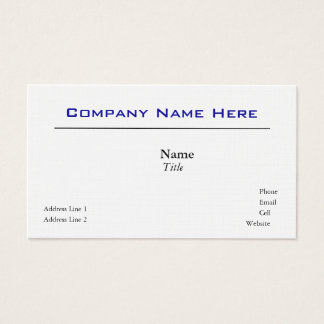
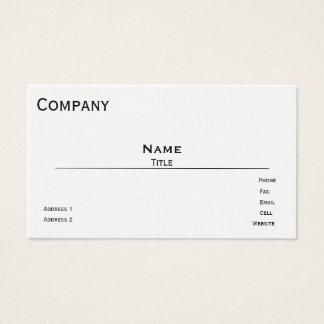

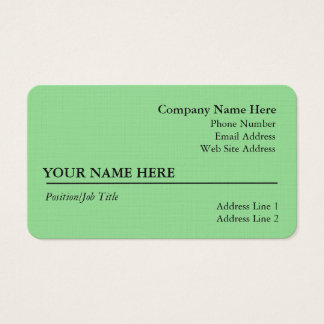
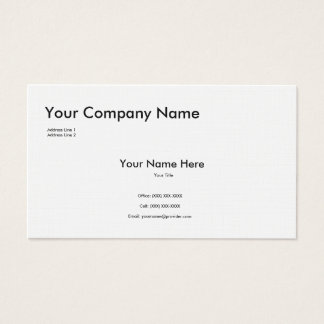
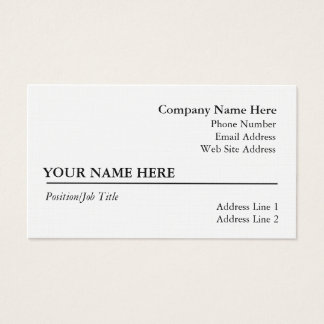
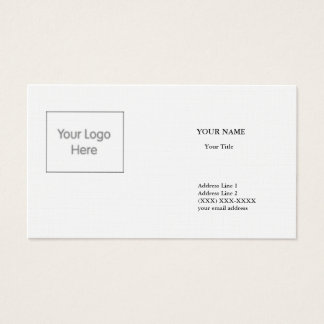
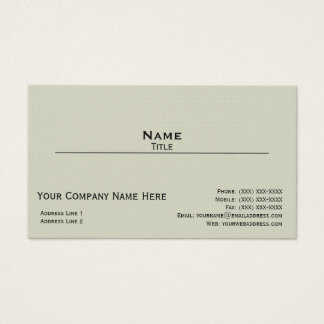
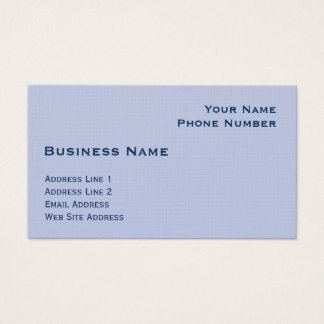

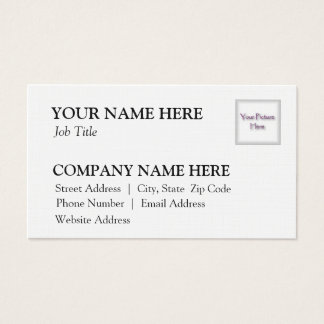
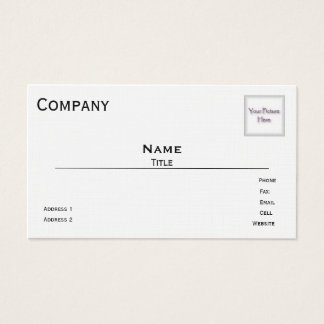
No comments:
Post a Comment